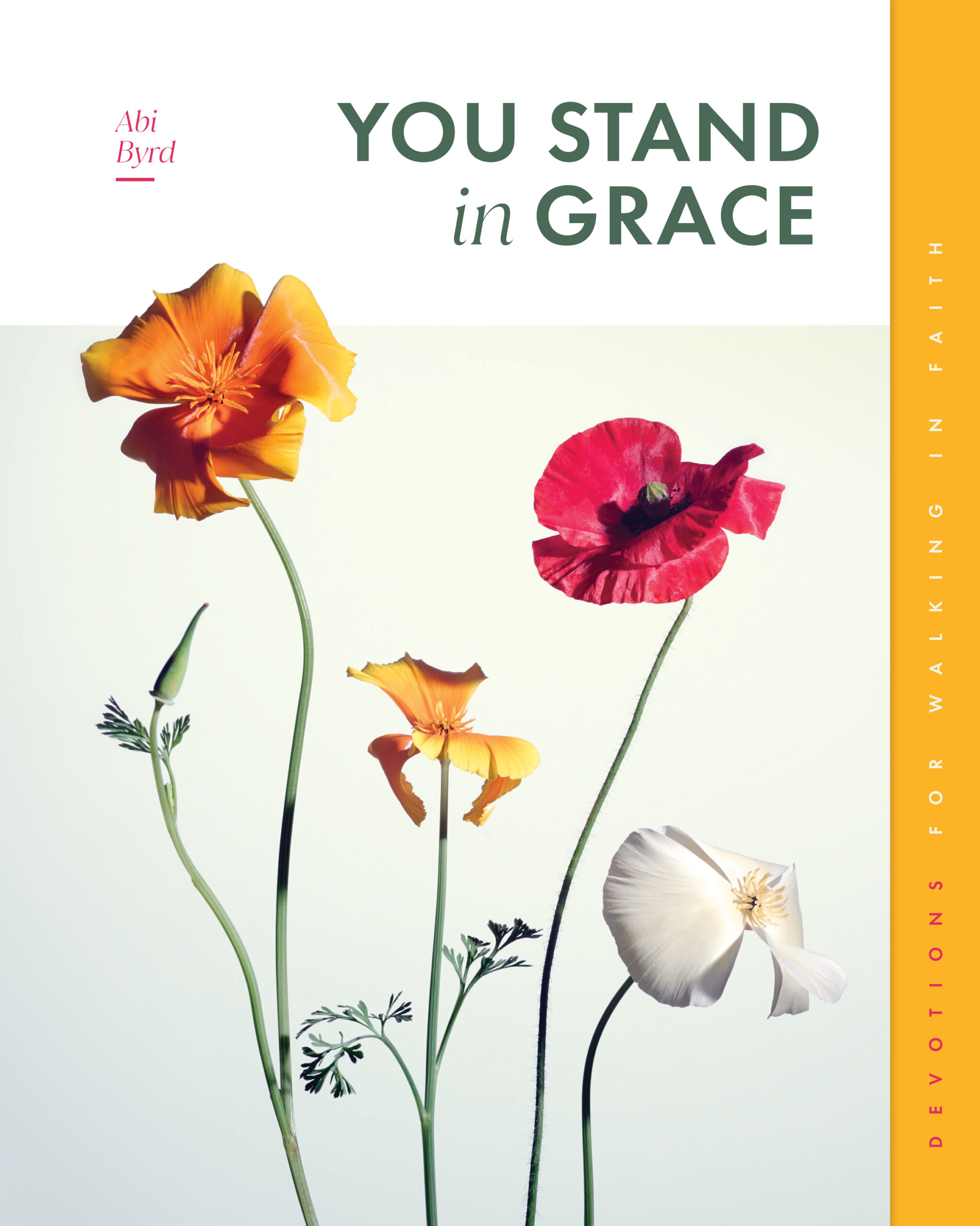So much of life feels like running—running to keep up, running to prove ourselves, running to hold it all together. Our schedules are full, our hearts are weary, and sometimes even our spiritual lives feel like one more race we can’t quite win.
But the letter to the Romans calls us to something radically different. Instead of scrambling and striving, Paul invites us to stand. Stand in grace. Stand in the freedom Jesus has given. Stand in the hope that he will never let us go.
Have you ever felt like your faith was hanging by a thread? Like no matter how hard you tried, you couldn’t keep up with the demands of life, let alone the demands of following Jesus? Maybe you’ve had seasons when opening your Bible felt impossible, when prayer seemed dry, or when guilt hung over you like a shadow. If so, you’re not alone. Paul’s words in Romans are for every one of us who has felt that ache.
Romans doesn’t just inform our minds; it steadies our hearts. It’s as if Paul takes us by the shoulders and reminds us again and again: your standing with God isn’t based on what you do, but on what he has already done. That’s why these words are so freeing—you stand in grace. Don’t strive. Don’t scramble. Don’t stress. Stand.
As I’ve reflected on Romans, two themes rise to the surface again and again: the freedom of grace and the hope of glory. And I think they’re just what our weary hearts need.
The Freedom of Grace
Paul is blunt about the problem: “All have sinned and fall short of the glory of God” (Romans 3:23). No exceptions. On the surface, that sounds heavy. We’ve all missed the mark. We’ve all fallen short. But the weight of that verse shifts dramatically when you read the next line: “and all are justified freely by his grace through the redemption that came by Christ Jesus” (v. 24 niv).
Grace means that we’re rescued—not because we finally got our act together, not because we hit some spiritual quota, but because Jesus measured up where we couldn’t. His perfection covers our imperfection. His obedience covers our failures.
And once we’re rescued, Paul insists, we are set free. Romans 6 paints the picture of slavery and freedom. Once chained to sin, we’re now free to live a new life with God. It’s not just a transfer of status—it’s a transfer of identity. We are in Christ.
But let’s be honest: freedom doesn’t always feel like freedom. Old habits whisper. Shame creeps in. Our enemy loves to tell us that we’re still bound, that God couldn’t possibly love us after the ways we’ve stumbled. How have you replayed mistakes in your mind like a highlight reel? In those moments Romans reminds us that grace isn’t a one-time ticket to heaven; it’s the very ground we walk on every day.
You don’t have to earn your standing before God. You already have it in Christ. That changes everything. It means you’re free to obey not out of fear of punishment, but out of love for the One who saved you. You’re free to fail without being defined by failure. You’re free to step forward even when yesterday felt like a mess.
One of the most powerful verses in Romans declares, “Therefore, there is now no condemnation for those who are in Christ Jesus” (Romans 8:1 niv). None. Not a trace. Grace is stronger than guilt.
The Hope of Glory
If Romans only looked backward to what Jesus has done, it would still be life-changing. But Paul doesn’t stop there. He points us forward, anchoring us in hope.
He writes that “we boast in the hope of the glory of God” (Romans 5:2 niv). That word “boast” isn’t about pride—it’s about confidence. A settled assurance. Our hope isn’t vague optimism or wishful thinking. It’s rooted in God’s promises.
Of course, life doesn’t always make that hope easy to hold on to. Paul knew what it was to suffer. He knew disappointment, persecution, loneliness, and pain. And yet in Romans 5 he dares to say that suffering itself can produce endurance, character, and ultimately hope. It’s not that suffering is good in itself, but that God is able to work through it, shaping us into people who lean harder into his love.
Maybe right now your circumstances don’t make sense. Maybe you’re carrying unanswered prayers or walking through a season of loss. Romans promises us that the story isn’t finished. Hope is not fragile; it’s anchored in the unshakable character of God.
In fact, Paul reaches a crescendo in Romans 8 with this assurance: “Nothing in all creation will ever be able to separate us from the love of God that is revealed in Christ Jesus our Lord” (v. 39 nlt). Not trouble, not hardship, not even our own weakness. Nothing.
That’s the kind of hope that steadies us when life feels uncertain. It’s the kind of hope that lets us breathe again.
Standing in Grace
So where does this leave us? Maybe you’re tired of running—of trying to keep all the plates spinning, of trying to prove that you’re “enough,” of trying to carry the weight of a faith that feels like it’s slipping through your fingers.
Romans gives us a better way. It says, Stop running, and stand. Stand in grace. Stand in the freedom that is already yours in Christ. Stand in the hope that tomorrow is secure, not because of you, but because of him.
Wherever you find yourself today—discouraged, restless, hopeful, or weary—your footing is secure. Not because you’re strong enough, but because his grace is enough. Always.
So pause. Take a deep breath. Let these words sink in:
- You don’t have to strive to earn God’s love.
- You don’t have to scramble to keep your place in his family.
- You don’t have to stress about holding it all together.
You stand in grace. And that’s the safest, surest place you could ever be.
You Stand in Grace
In You Stand in Grace, conference speaker Abi Byrd invites women to walk with her through Romans and experience firsthand how the gospel transforms our lives by revealing God’s great mercy. Each of the eight weeks of this devotional Bible study focuses on a theme of faith such as dependence, cultivating faithfulness, growing in God’s love, and pursuing unity. Byrd helps readers understand how to flourish in the reality of God’s grace, live a life transformed by faith, and foster deeper connection within our Christian community.







